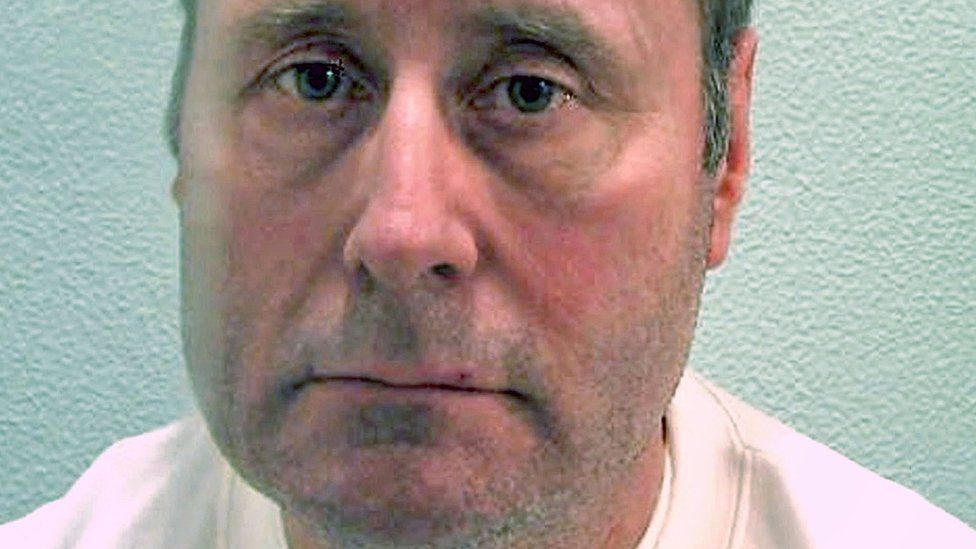John Worboys: Court to rule on black cab rapist release
- Published

Victims of black cab rapist John Worboys will find out if they have successfully challenged a decision to release him from prison later.
The High Court in London will give its ruling on a legal challenge against the Parole Board's decision to free him.
Worboys, 60, has served 10 years, including remand time, of an indeterminate prison sentence.
At an earlier hearing, two of his victims deemed the decision to grant the rapist's release "irrational".
Worboys, who is now known as John Radford, was jailed in 2009 for assaults on 12 women in London, although police believe he committed crimes against more than 100 women between 2002 and 2008.
He was convicted of one rape, five sexual assaults, one attempted assault and 12 drugging charges.
After a hearing about his case in November, the Parole Board decided to approve his release with "stringent" licence conditions.
London Mayor Sadiq Khan, who lodged an application for a judicial review into the decision in January, deemed the move "astonishing and deeply concerning".
The two victims, who brought the case along with Mr Khan, say something went "badly wrong" with the Parole Board's decision to free him.
'Entitled' release
Worboys, who has been watching the proceedings via video link from prison, became known as the black cab rapist after attacking victims in his hackney carriage.
In May 2015, after protesting his innocence for most of his sentence, he accepted responsibility for sexual offences against the 12 women.
His lawyer, Edward Fitzgerald QC, earlier told the court: "He has completed his tariff and he is therefore entitled to be released if it is not necessary for the protection of the public that he be detained."
The Parole Board argues that its decision was "lawful and and rational" and was based on appropriate evidence.
Three judges will deliver their decision at the High Court later.
- Published13 March 2018
- Published7 February 2018
- Published19 March 2018